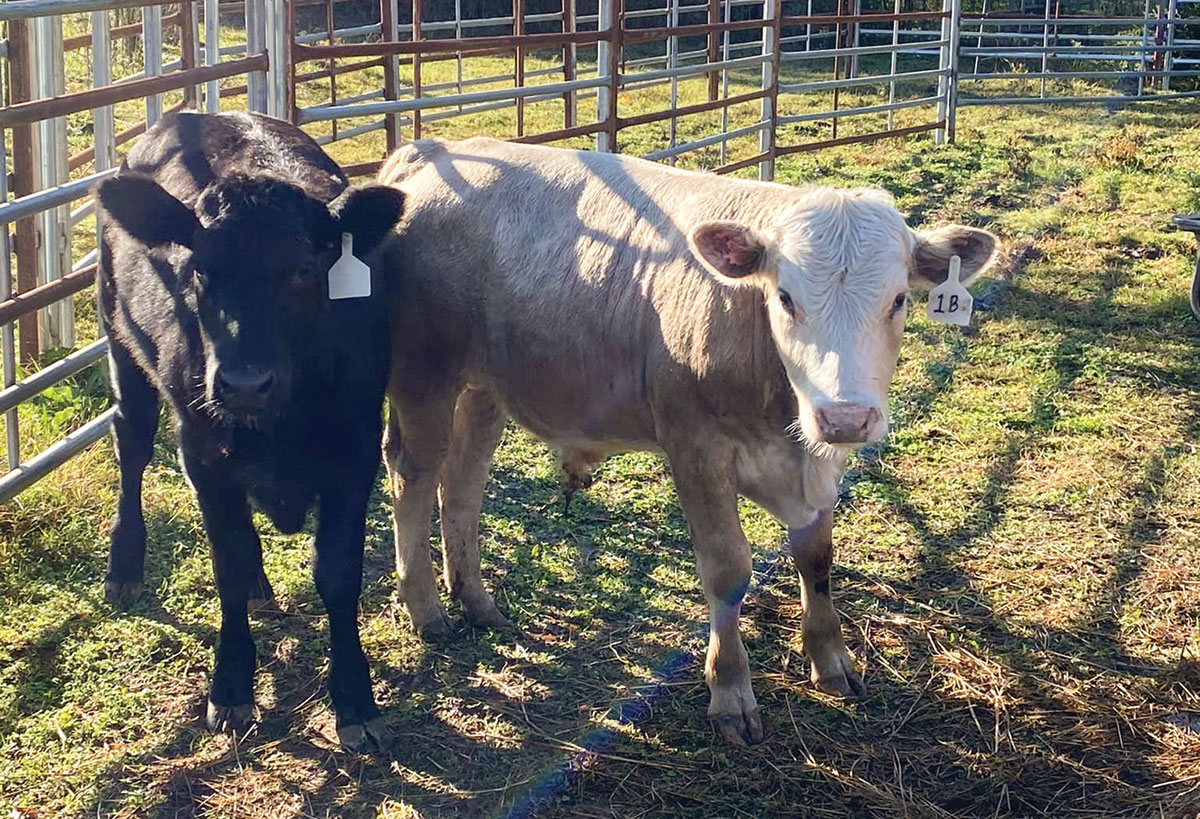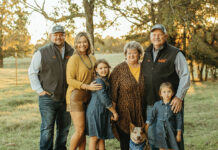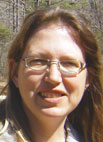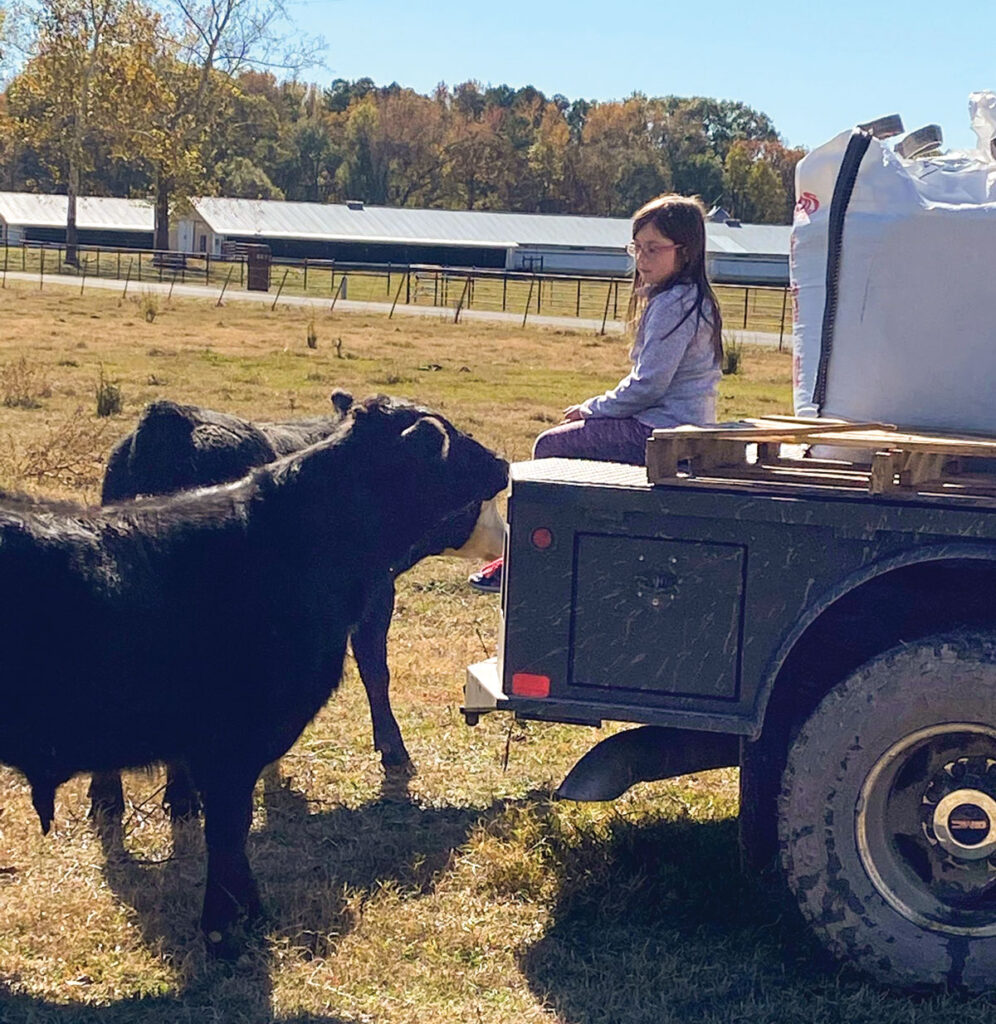
Parker and Carlee Gray plan to go direct to consumers in 2022
POTTSVILLE, ARK. – What started as a dozen cows has transformed into a growing cow/calf operation for Parker and Carlee Gray. Gray Farm is also taking on a new venture next year by offering direct beef sales to customers.
“We want to branch out and finish cattle so we can get affordable, high-quality beef directly to families, and they can know where their meat comes from,” Carlee said.
The first animals in their meat program will be processed this summer, and all animals incorporated into their fledging beef program will be born, raised and finished at Gray Farms.
“Everything will be from our mommas,” Carlee explained. “I think this is a great time to get into this market. Folks want to know where their meat comes from, and they can see our farm, and I can tell you which mom every calf came from. You know your beef is going to be straight from our farm.”
The Gray cow/calf operation consists of about 50 commercial pairs serviced by a Black Hereford bull. Carlee and her husband Parker have full-time, off-the-farm jobs, so Carlee said allowing the bull to remain with the cows year-round is the most practical way to manage their herd. It also allows them to sell calves three times during the year and more flexibility with their new beef program.
“We will be able to spread out our calves and have calves ready (for processing) on a more regular basis, which is the goal,” Carlee said.
The cowherd is primarily grass-fed, with some grain offered in the winter months to help the cows maintain their condition.
Calves for the beef program and feeder calves are weaned at about 9 months. Carlee said they prefer to keep the calves with cows a little longer to allow for better growth on those calves. Once calves are weaned, they are backgrounded for a period, then sold at just under a year old. Calves for the beef program will remain at the farm until they reach about 1,100 to 1,200 pounds, then processed for sale.
“Calves are grass-fed, then finished on grain,” Carlee said. “We have a custom-blend made locally here in Pope County (Ark.) that we are really pleased with. Calves start getting a little at weaning to help them transfer from creep feed, but we won’t push them on grain until the last couple of months before we process them.”
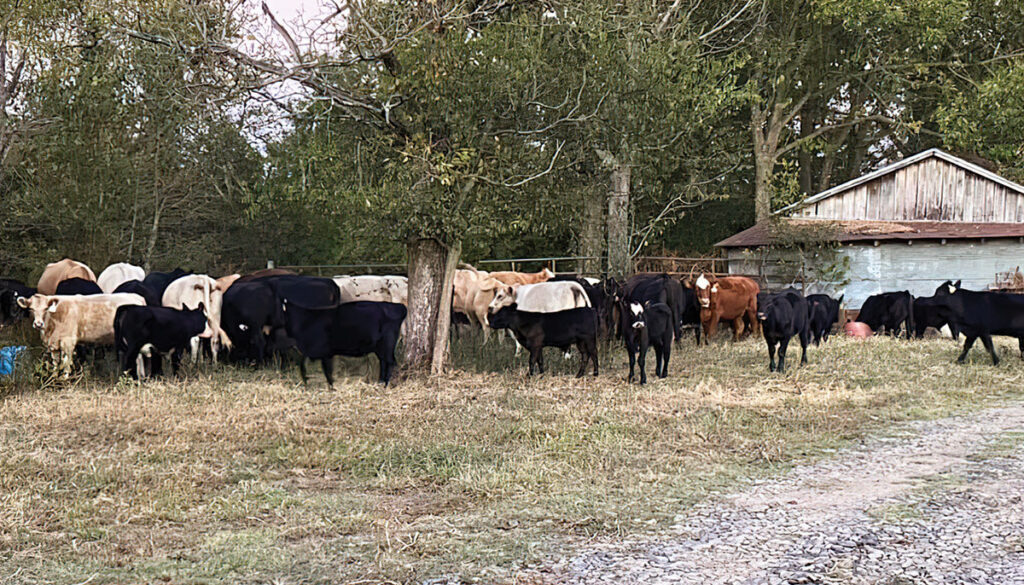
The Grays have an established vaccination protocol, which allows their herd to stay healthy because healthy cattle produce the best beef.
“All cows get a Vira Shield vaccination,” Carlee said. “We want to make sure they don’t have any respiratory issues in the wintertime, and calves get a workup of vaccinations, too. Those going to beef don’t get any vaccinations close to processing. We don’t give our cattle anything unless it’s necessary. We want our cattle to be raised as naturally as possible, so if anything is medicated, we hold it back until it’s cleared.”
Gray Farms is a true family operation, with not only Parker, Carlee and their children – 7-year-old Alayna, 5-year-old Callen, 3-year-old Brantley and Ramsey, who is a 1 1/2 – but other family members as well. Cattle owned by other family members run with the Gray operation, and Parker and Carlee utilize the bulls of other family members when breeding their heifers, which are mostly retained from their current cow families.
“We have bought a few heifers, but if we have a momma that is really good and produces a good calf and she throws a heifer, we are going to keep it. We like to keep those good females in our herd,” Carlee said.
The Gray children are also active in the farming operation, helping where they can.
“Callen can tell you from start to finish how to do any part of the operation,” Carlee said. “He can tell you how to cut, rake and bale hay.”
Family-owned land and property owned and leased by Parker and Carlee make up about 400 acres, which is used for pasture and hay.
The couple has been making some pasture improvements, with the goal of establishing a rotational grazing system for their farm.
“We are trying and doing a little research before we jump in with both feet,” Carlee explained. “We have a small part of our herd we try things on before going to the whole herd; I guess they are our guinea pigs. We try it with the smaller herd first so we can see how things work, With our research, we try to make things go smoother before we go to the full herd with something new. We would love to have the opportunity to go to a grazing school or learn more from somebody; it’s just finding the time.”
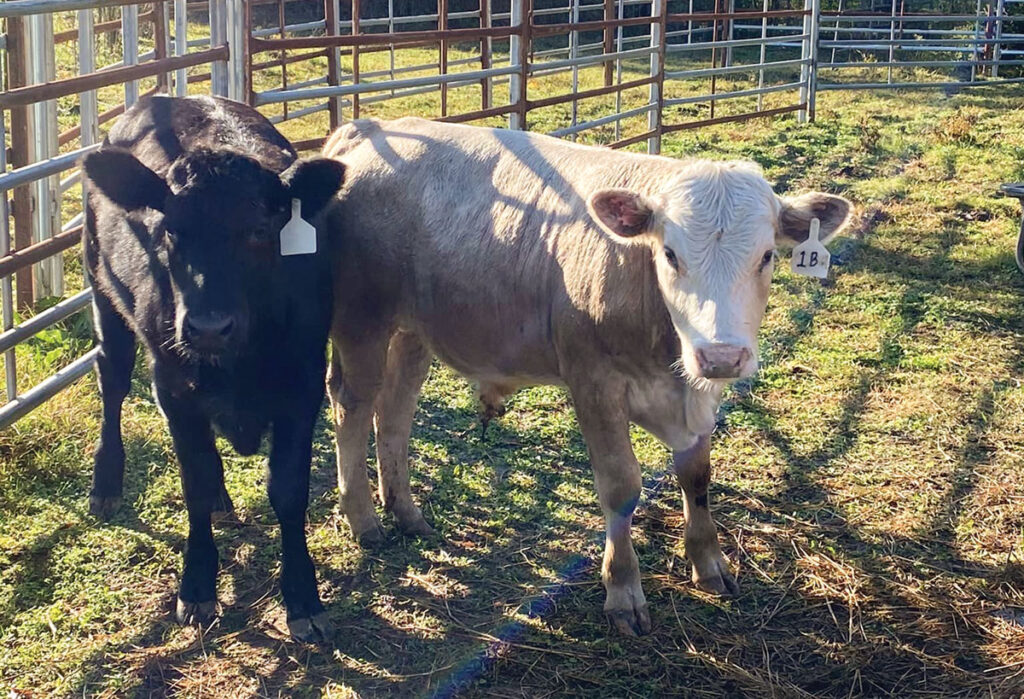
In the future, Carlee said she and Parker hope to build their beef clientele and, possibly, develop an on-the-farm retail store.
“A lot of people can’t afford or have the room for a couple hundred pounds of beef at once,” Carlee said. “We are hoping to have enough flow so people can buy what they need and not have to buy 150 pounds at a time. I hope people like the product we produce. I’m excited to fill my own freezer a little more too. People seem interested in it, and I’m really excited; a new path is always exciting.”
Carlee had limited exposure to farming growing up. She said her family had a few hogs here and there, so a cattle operation was new to her. She has, however, embraced the way of life.
“It was kind of a culture shock at how much work goes into this, but I love it,” she said, adding that Parker grew up around cattle. “I wouldn’t change it for anything. We have done a lot of work together to get it where we want it to be. Hopefully, one day, we will get it where one of us can be fulltime on the farm. We want to grow to where our community has a source of food they can trust and rely on, and so that our kids and grow up knowing this is what we want to do and this is what’s good for us.”
Deep down, Carlee said she hopes to be the one who becomes a full-time farmer, and she would love to expand her poultry operation, offering yet another line of farm-fresh products.
“I like my chickens, and we have just enough chickens to give us (Parker’s) grandparents eggs,” Carlee said. “If I were able to stay home, we would have more chickens and eggs to sell.”

